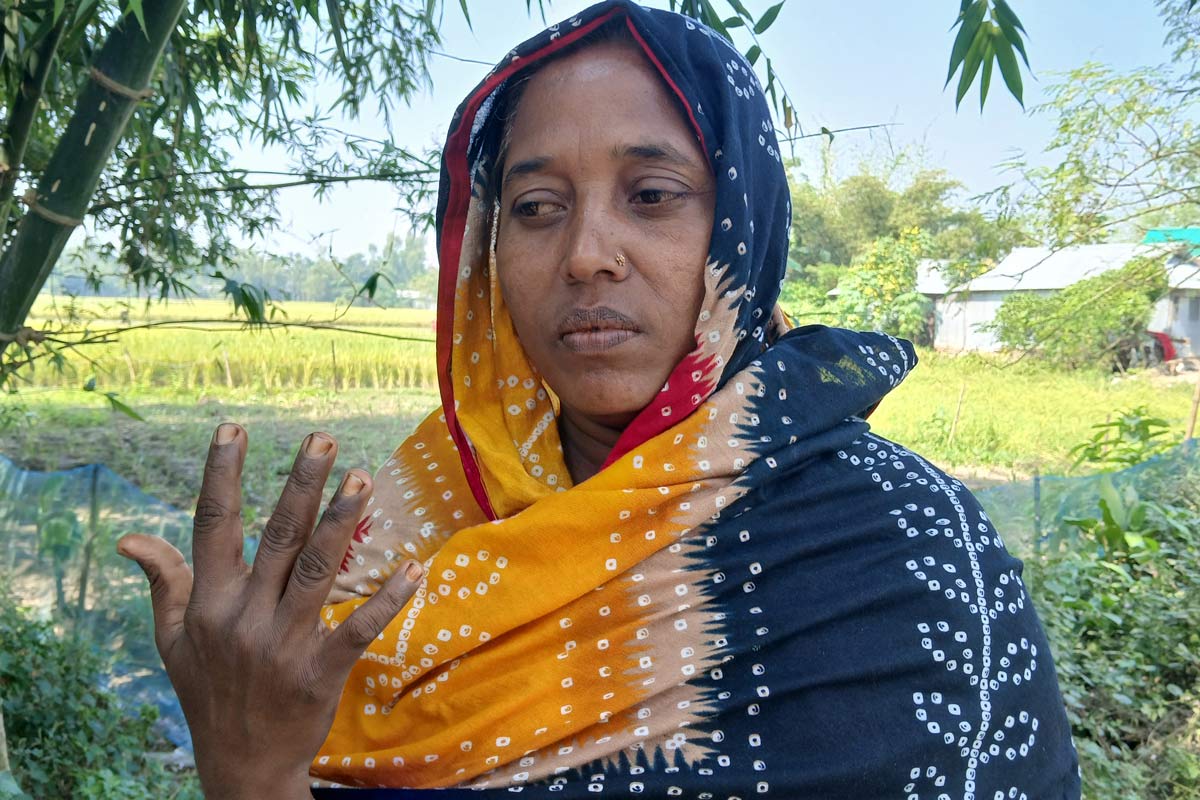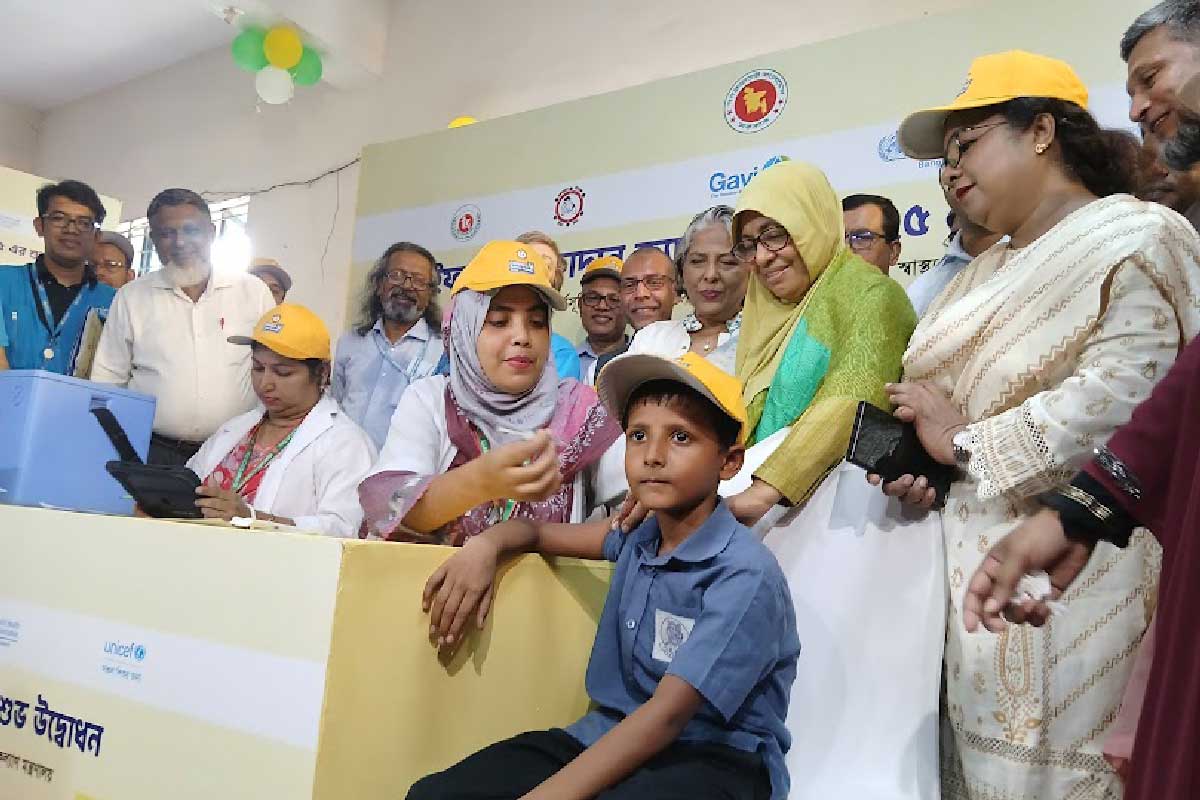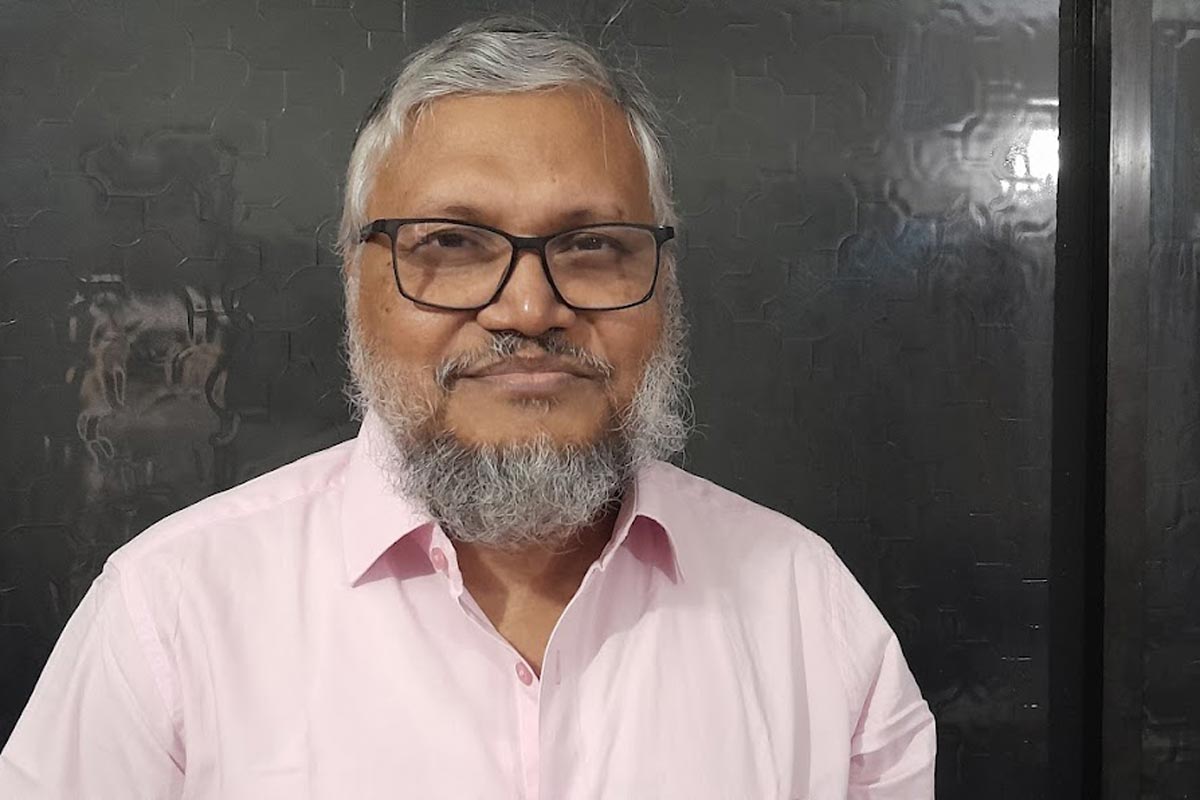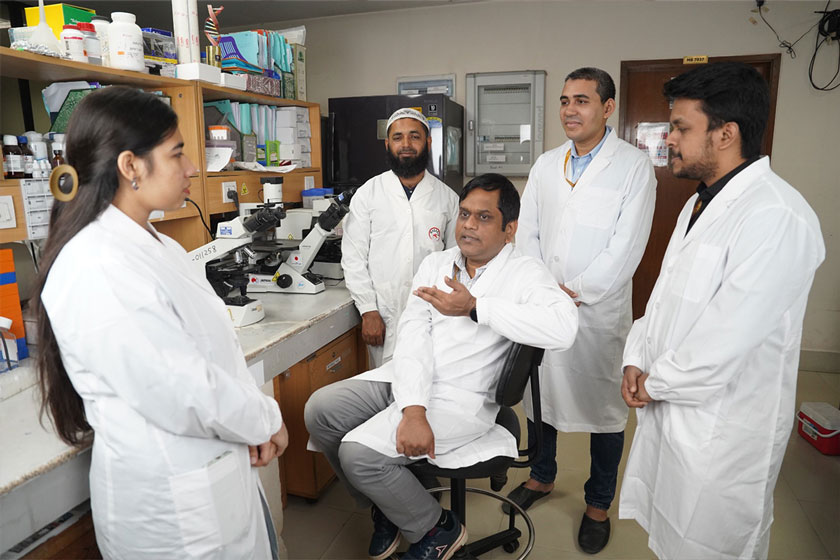As Bangladesh’s dengue burden soars, a promising vaccine candidate clears phase 2 trials
Amid Bangladesh’s deadliest dengue year on record, patients and health leaders alike hope that recent, promising research means a vaccine is imminent.
- 19 January 2024
- 5 min read
- by Mohammad Al Amin
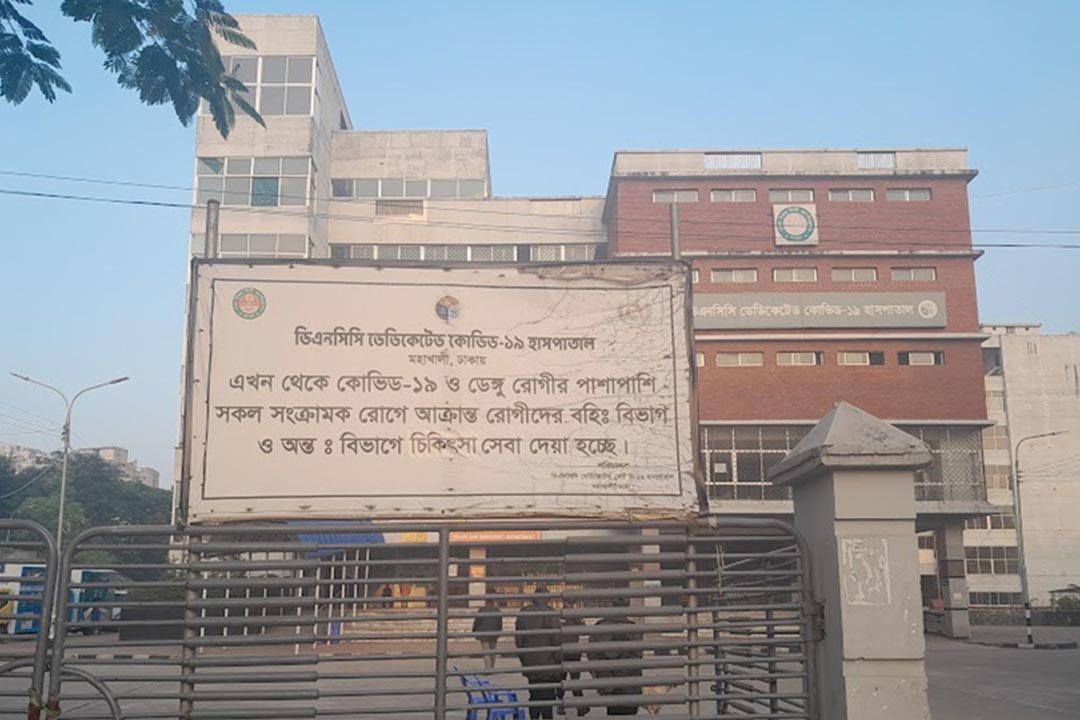
It had been a bad dengue year for Bangladesh, and as December 2023 began, the scourge rolled on. In the first few days alone, more than 6,000 patients were in hospital battling the mosquito-transmitted viral illness. Forty-five of them would be dead by mid-month.
By December's end, official data from the Directorate General of Health Services (DGHS) confirmed what overwhelmed health workers staffing specialist dengue units in hospitals up and down the country already knew: with 321,179 cases and 1,705 deaths, 2023 was Bangladesh's worst-ever dengue year by far.
"By using this vaccine, people of the country from children to adults can be prevented from the deadly viral disease."
– Senior scientist at icddr'b
The country has been struggling to find space for the surge in dengue patients. At Dhaka's DNCC COVID-19 Dedicated Hospital, a specialist unit that has been converted into a dengue facility, Zakir Hossain, aged 65, has been luckier than some, telling VaccinesWork that he was on the road to recovery.
"I was suffering from fever and body pain for a few days," the small-business owner from Raipura said, describing symptoms of a disease that is also known as breakbone fever. "It is very painful, and I was also scared," he said.
Onslaught
Chandrika Sarkar, a nurse at the dengue hospital, had been drafted in from another facility to help cope with the surge. By mid-December, the numbers of admissions were tailing off, but Sarkar said the worst days of the crisis had been nothing short of frantic. "We worked round the clock, and didn't get rest to tackle the situation."
Dr Latifa Akter Shumi said, "We faced difficulty in tackling the rush of patients for the last few months since July. Many patients are still rushing to this hospital from the countryside."
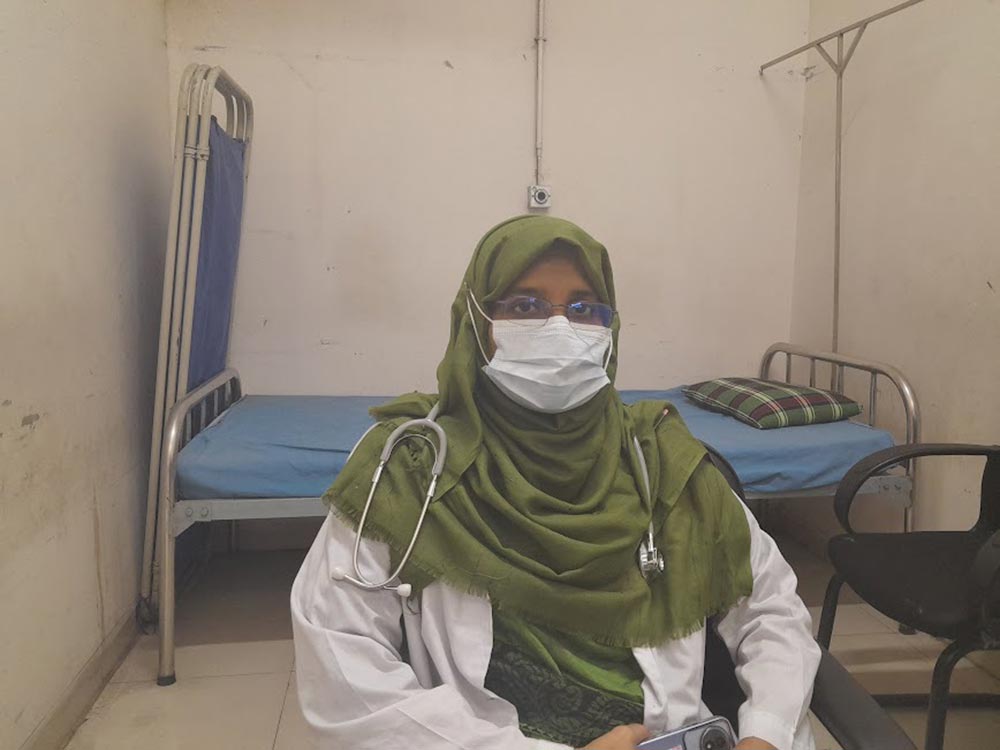
Credit-Mohammad Al Amin
The new figures dwarfed 2019's tally of 101,354 cases, previously the country's dengue high-water mark. The incidence of dengue has increased 30-fold over the last 50 years, according to the World Health Organization (WHO) and one in two of us are now at risk. Much of the spike is due to climate change, and Bangladesh has seen extremely high and prolonged rainfall.
"It is urgent to conduct anti-dengue drives from cities to remote areas across the country," said Hossain. "At the same time, a dengue vaccine is urgent to prevent this deadly disease."
Defensive manoeuvres
No approved dengue vaccine is currently available, but Bangladesh takes environmental measures to curb the threat. "To prevent the disease, the government takes a number of measures, including building awareness about Aedes mosquitoes, conducting Aedes surveys and conducting anti-mosquito drives by local government units," said Dr Shyamol Kumer Das, Deputy Program Manager (Malaria & Aedes Transmitted Diseases) at the DGHS.
Faced with the recent surge, Dr Ahmedul Kabir, Additional Director General (Development and Planning) at the DGHS, said the health authority is devising a national action plan to control dengue virus transmission.
Have you read?
"At the same time, whenever any effective vaccine will be available and the World Health Organization will allow us, then we will use it for our people," he said.
Looking ahead to a vaccine
That day could be drawing near. Investigators from icddr,b (International Centre for Diarrhoeal Disease Research, Bangladesh), and the Larner College of Medicine at the University of Vermont (UVM), USA, announced in September that they had conducted a successful phase 2 trial of a promising tetravalent single-dose dengue vaccine, TV005, in Bangladesh.
Dengue vaccines set to go global
TV005 is not the only tetravalent dengue vaccine candidate heading towards approval.
A vaccine known as TAK-003 is already licensed by the European Medicines Agency (EMA) and in other countries, with Indonesia set to make it available to the general population. It could get WHO prequalification approval by February 2024, which would allow for global roll-out.
TV003 – the sibling vaccine of TV005 – meanwhile, may receive WHO prequalification in November 2024.
And, while the final call on Gavi's next Vaccine Investment Strategy is yet to be made, dengue vaccines have a place on the longlist.
Read more: Vaccine Profiles: Dengue
Beginning in 2016, the trial evaluated the safety, immunogenicity and durability of TV005 in 200 volunteers, who spanned a variety of ages. The vaccine was found to be "well tolerated and immunogenic for all four serotypes in young children to adults, including individuals with no previous dengue exposure," the researchers wrote in a Lancet Infectious Diseases paper.
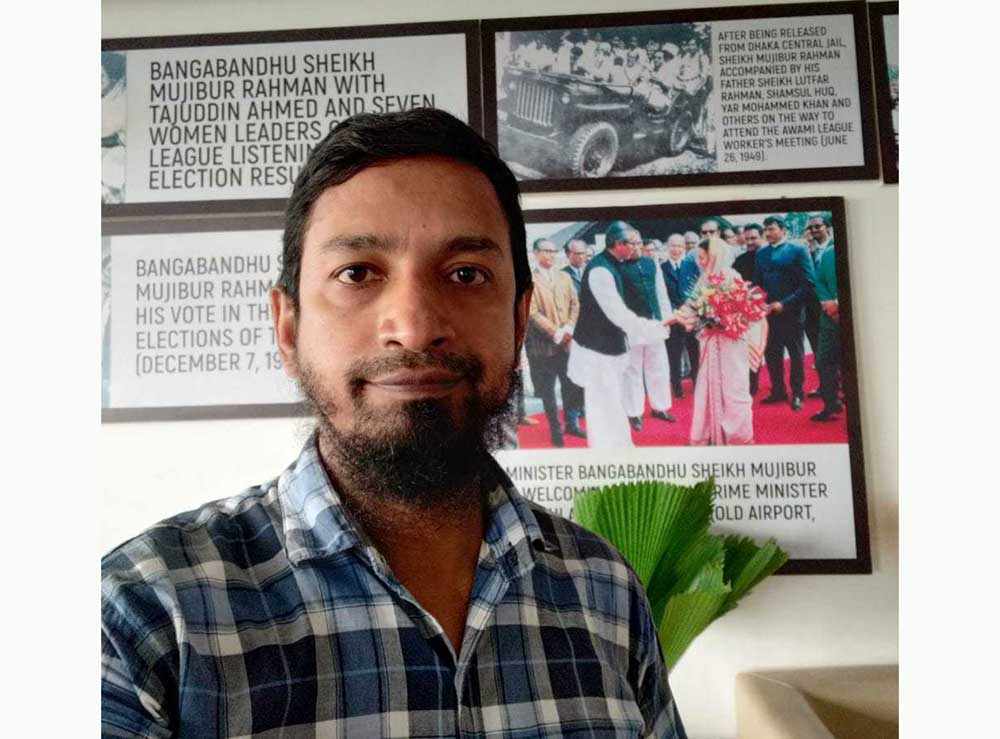
Credit: Mohammad Al Amin
Mohammad Moniruzzaman from Dhaka's Mirpur area was one of those volunteers. "I took the vaccine from the icddr'b in 2016, but I'm not infected with the viral disease yet while many of my family members and neighbours were infected with the disease," he told VaccinesWork. "There was no notable reaction of the vaccine as side-effects."
A senior scientist at icddr'b said that the institute is working on a phase 2B trial, among children aged between 1 and 17 years. Phase 3 trials will take place in India.
"We hope, if our phase 2B trial of the vaccine is successful and effective, then the vaccine can be used here. By using this vaccine, people of the country from children to adults can be prevented from the deadly viral disease," said the scientist.
Not just waiting
But Dr Mohammad Mushtuq Husain, adviser to the Institute of Epidemiology, Disease Control and Research (IEDCR) cautioned that access to care needs to be scaled up urgently while waiting for a vaccine. "Fatality will have to be reduced through ensuring timely treatment. To this end, treatment facilities for dengue patients will have to be ensured at all hospitals, especially at rural level across the country."
Existing prevention methods should also be strengthened. "The Aedes mosquito, vector of the dengue disease, will have to be controlled by community mobilisation. Cleanliness campaigns will have to be ensured all over the country round the year to destroy Aedes mosquitoes," the public health expert added.
